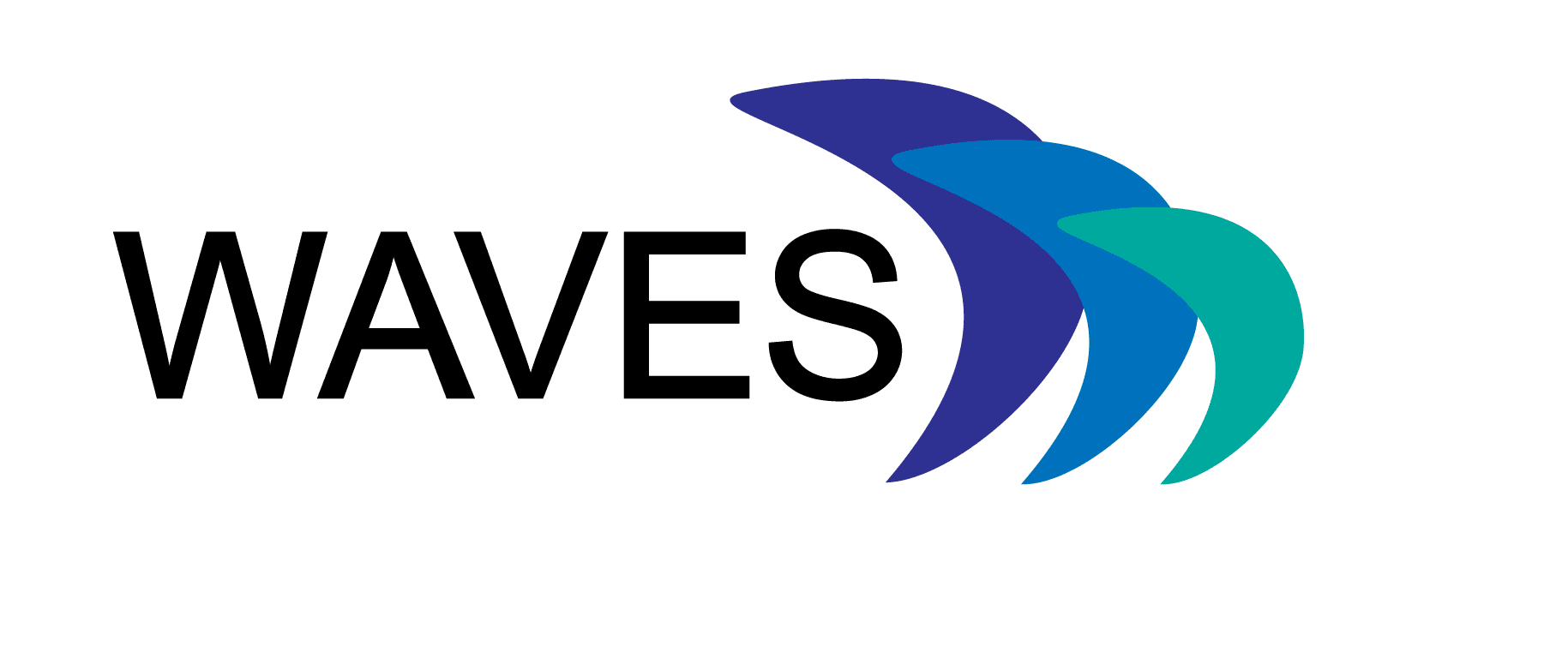This work package (WP) initiates the project by researching current best practice and trends in the areas of e-learning standards and Virtual Scenario (VS) systems, and conducting a needs analysis to fully understand the state-of-the-art and requirements of end users in the world of work. This is an important preparatory WP to ensure that the project has a common understanding on what existing standards are available and how best to utilise them to meet the practical needs of the project.

